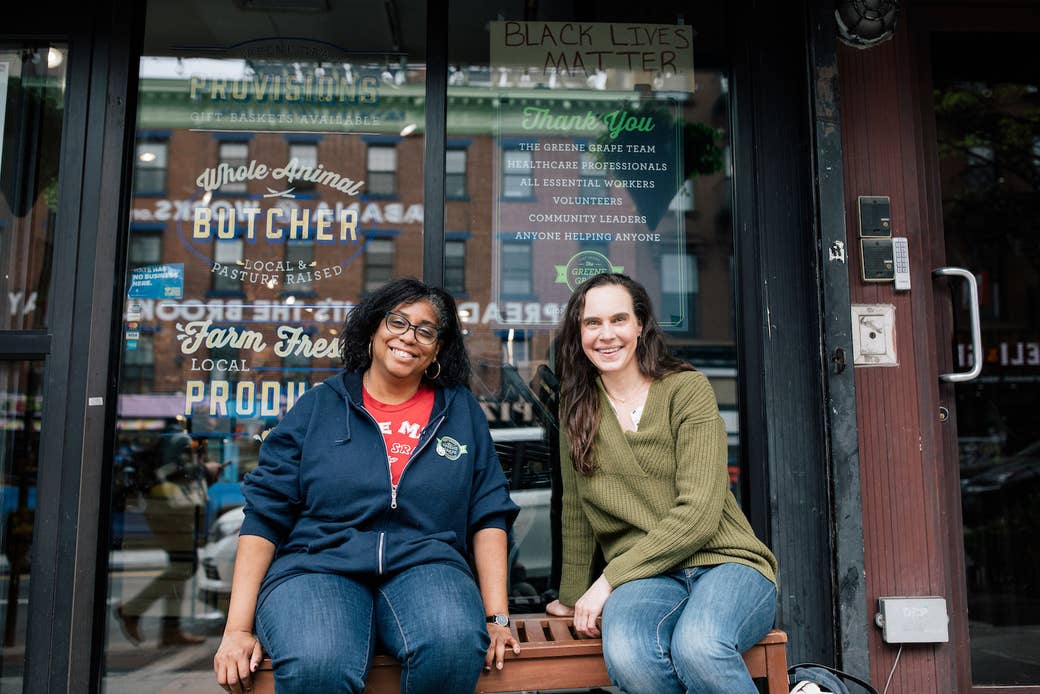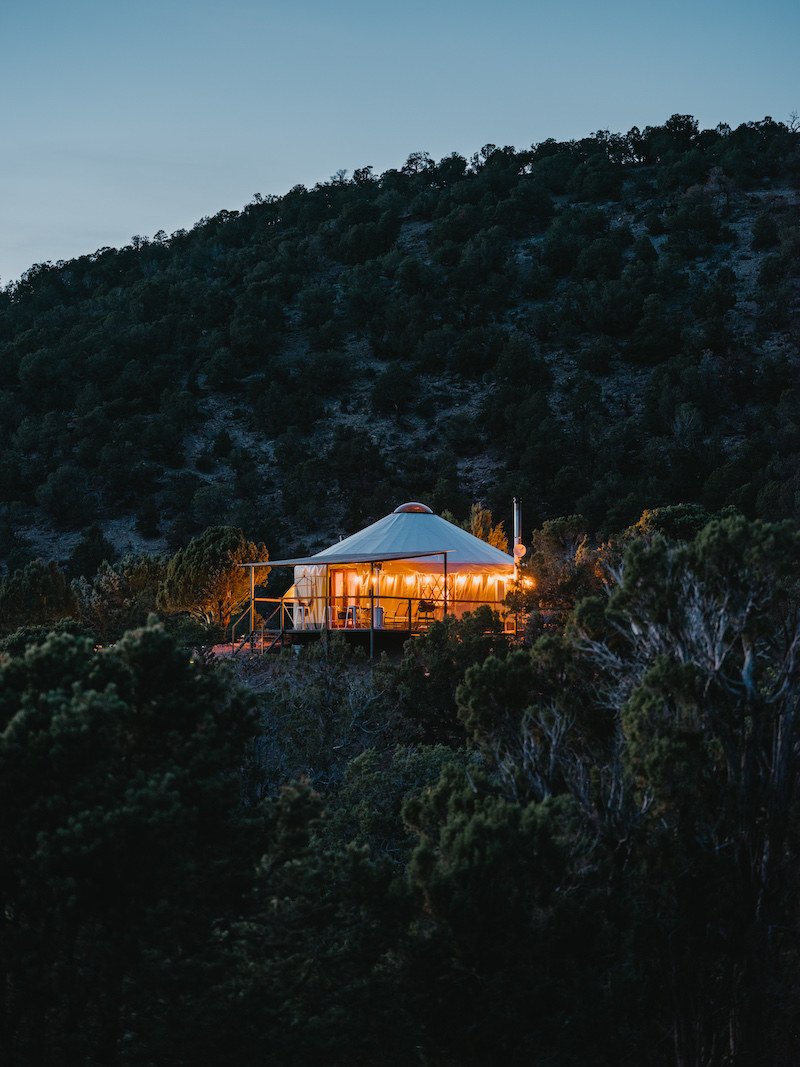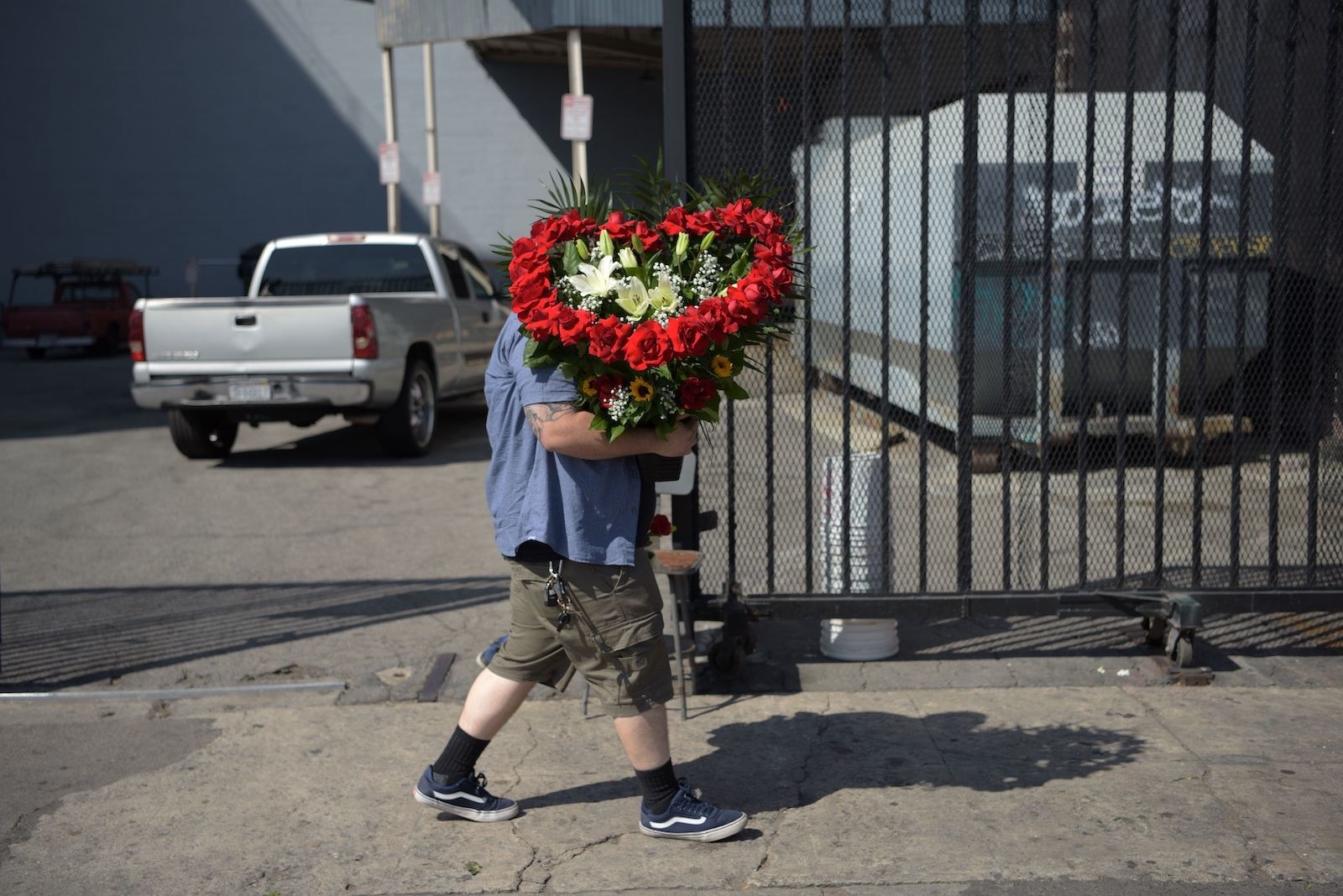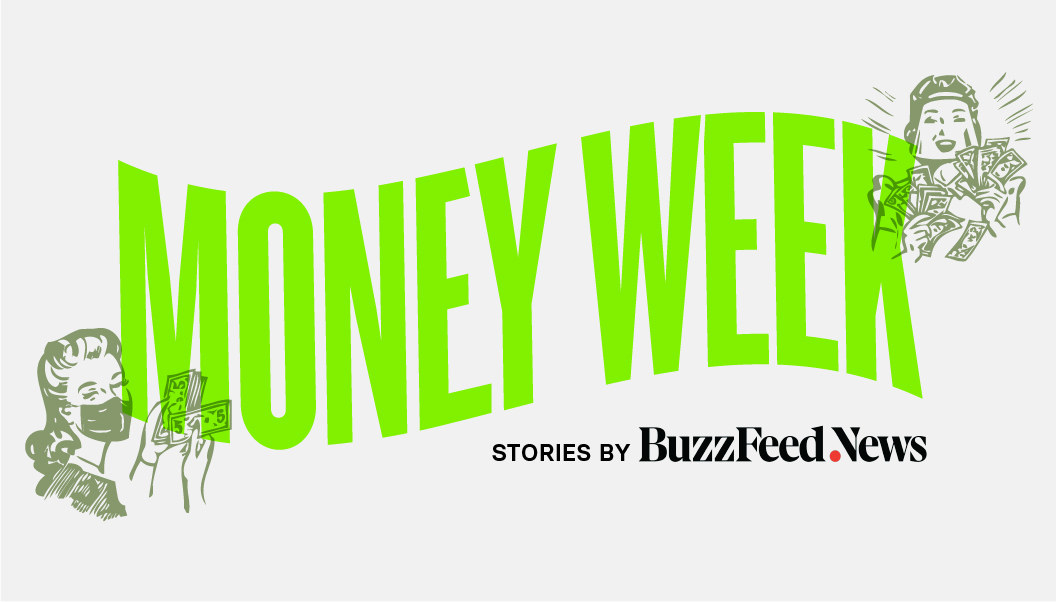John Gibson woke up in the middle of the night in March last year in a cold sweat. When his concerned wife, Kelly, asked what was wrong, he confessed, “I think we might be bankrupt and I don’t know it.”
Just three months earlier, the couple had purchased the Colorado Yurt Company in the small western city of Montrose, manufacturing tents, yurts, and tipis for sale across the country. But within weeks the coronavirus pandemic had upended their new business. Gibson feared it was all over. “We’ve made our life dream to come do this, and it’s over three months into the deal,” he recalled thinking. “I literally got up, went down to my desk, and started thinking through what ways we could survive.”
One year later, Gibson’s fortunes could not be more different. In June of last year, as people emerged from lockdowns desperate for a taste of the outdoors, sales swung back sharply. July was the biggest month in company history. August then topped that. They ended 2020 with sales up 45% and 55 employees — 18 more than at the start of the year. They’re now seeking to build a 30,000-square-foot building for manufacturing and office space to house their growing staff.
“As horrible as the pandemic was, it just threw gas on the fire for the outdoor industry. It’s just been an amazing ride right now,” said Gibson. “We kicked off an avalanche that we can’t stop.”
2020 was unprecedented for its economic turmoil and devastation for many Americans. As the rich got richer and the poor got poorer, one study from Yelp found that almost 100,000 businesses that had been open in April had closed permanently by September — almost 500 per day. Another estimated that in Oakland alone almost 1 in 5 small businesses had shuttered for good by the end of April. Big retailers and restaurants also struggled, with everyone from J.Crew to JCPenney to Le Pain Quotidien to California Pizza Kitchen filing for bankruptcy in 2020. Many of their workers joined the more than 20 million others who found themselves unemployed at one point.
But amid the financial horror show, some small businesses and nonbillionaires like Gibson actually managed to do OK financially in 2020. Through a combination of luck, hustle, and bigger forces beyond their control, business owners across a variety of sectors enjoyed record sales as buyers snatched up everything from masks to outdoor heaters to liquor and even flowers. For them, 2020 was actually a good year. But while they’re enormously proud of their hard work throughout what was still an incredibly difficult and uncertain period, some now find themselves almost feeling guilty for their success.
“It feels very random what COVID did,” said Amy Bennett, owner of the Greene Grape Provisions market and wine store in Brooklyn, which saw sales of groceries and wine rise 10% and 8% respectively in 2020 compared to the year before. “Some people did better, some people did worse. It doesn't feel earned for me.”
What very many people apparently did, however, was drink. In the first few months of lockdown, Bennett’s staff had to hustle harder than ever before to keep up with demand. Liquor sales were through the roof, with many days eclipsing New Year’s Eve, traditionally the busiest day for wine and liquor. Deliveries went from roughly five a week to more than 500. Lines were out the door. General manager Michele Thomas said she worked 120 hours one week. “I thought I was going to pass out, for sure,” she said.

John Bodnovich, executive director of the American Beverage Licensees trade association, said many of his member package stores experienced a COVID surge as consumers shifted from drinking in bars to drinking at home. “A lot of that was what we would call pantry loading or people stocking up,” he said. “You saw people buying larger packages. Instead of a 12-pack of beer, they might buy a case to reduce the amount of times they would go to a store.”
As she prepared her company tax returns in March, Bennett realized Greene Grape had enjoyed its highest sales year ever. Profits weren’t quite as high — employee overtime costs also skyrocketed, and Bennett had to pay high prices for sanitizer and masks in the early stages of the pandemic — but Bennett decided to end the year by distributing big bonuses to her 75 staffers. “They put themselves on the line,” she said. That meant workers like Thomas, the general manager, made more money in 2020 than she did in 2019.
Still, both Bennett and Thomas said they’re somewhat uncomfortable with their windfalls. As they turned up for work each day last year, they would pass shuttered local businesses owned by people they know. Friends who worked in hospitality were out of work. “I felt really guilty complaining about how tired I was and how drained I was when I knew so many of my friends weren’t working at all,” said Thomas.
“It definitely felt like survivor’s guilt,” added Bennett.
There was also a certain element of luck — of being in the right place at the right time — for many who found success. The pandemic accelerated bigger trends such as online shopping and stores that had established internet delivery systems in place could meet the moment. But with many people urged not to gather indoors, the pandemic also rewarded businesses geared toward the outdoors, like Gibson’s yurt company.
“You get stuck in the Why us? Why are we successful and other people are struggling?” said Gibson. “We felt a little bit blessed that we had some luck in it. We made the best decisions that we could. We worked really hard to keep our people employed and we got lucky and got rewarded for it.”

Bodnovich with the American Beverage Licensees cautioned that the luck could run both ways. While some of his member bars happened to have good outdoor space that enabled them to continue to trade, others were less fortunate. “Were some of our members able to survive and pivot? Yes, but certainly climate had a lot to do with that,” he explained. “For my members who operate a tavern in northern Wisconsin, it’s tough to be open with just outside seating in January.”
Some made due by having just the right product at the right time. In Minneapolis–Saint Paul, Pinnacle Climate Technologies made almost $100 million in heating and cooling system sales, according to David Osland, the company’s director of product management. This success was fueled in part by two products — a new air sanitizer unit they had just developed and an outdoor electric heater that was semi–water resistant, which had seen disappointing sales until the pandemic lifted them 2,500%. “We had good timing. We came out [with the air sanitizer] right as the pandemic was really starting to take hold in North America,” Osland said. “I’d like to be able to tell you we were prepared for this occasion, but no one was really prepared for what this turned into. We were just lucky to have the infrastructure in place.”
Some surprising sectors also enjoyed a boom. With people stuck at home alone, many acquired four-legged friends for company. That has meant revenue for veterinarians is up more than 7% year over year, according to VetSuccess, which monitors data from 2,800 clinics. Americans’ spending on pets is also projected to reach a record $99 billion this year, according to the American Pet Products Association.
Another sector that’s boomed? The floral industry. While florists that cater to events and weddings were hit hard by that business evaporating overnight, those that offered online sales and deliveries to customers have seen astonishing sales driven simply by the fact that people are sending more to each other. Kate Penn, the CEO of the Society of American Florists trade association, noted that unlike other vendors, florists usually see the revealing cards people are sending with their gifts and it gave them a lot of insight as to motives. “It was clearly about disconnection: ‘We’re sorry we can’t be there’ or ‘I miss you and I’m thinking about you,’” Penn said. “It was really powerful and it seemed like people were, and still are, using flowers to connect with loved ones.”

Sam Bowles, general manager and creative director for Allen’s Flowers in San Diego, said initial fears for their business last March were soon eased by huge sales in Easter, the first major holiday when people couldn’t gather in person. “From then on, it’s kind of been the new normal for us,” he said. “It’s not been abnormal for us to have twice as many deliveries as we would normally.”
“Our goal in the beginning was just to keep the lights on and keep people employed,” he said, “but we actually squeaked out some growth.”
Penn said her members are still reporting strong figures with more than half enjoying higher sales for Christmas and Valentine’s Day than for those prepandemic holidays. “Selfishly, I was just really happy for our industry,” she said. “It was very gratifying too to see that we could play a positive role and bring people some comfort and love to people — and also stay in business.”
For some, the wins have been smaller, but just as welcome. In Houston, Sarah Franciotti, found herself between jobs at the start of the pandemic when companies she’d applied to began sending her generic emails letting her know they’d suddenly had to institute hiring freezes. “It was so uncertain,” she recalled, “and I was like, I don’t know what prospects I have right now.”
Not knowing what else to do, she decided to make use of the sewing skills she’d learned from her late grandmother, Julane Franciotti, and began making masks for family and friends, who soon started requesting custom designs that she realized she could charge others for. She set up her first Etsy store, SoFarSewGoodsCo, and has since sold more than 1,600 masks at around $10 a pop. Each mask takes around 10 minutes to make and in July last year she had to sew around 300. She compares the income she’s made to a part-time job — but one that she invented for herself.
“I’m really grateful to have anything coming in when things are so up in the air,” she said. “I’m definitely not at the level of Scrooge McDuck diving into a pool of money, but fingers crossed!” ●

